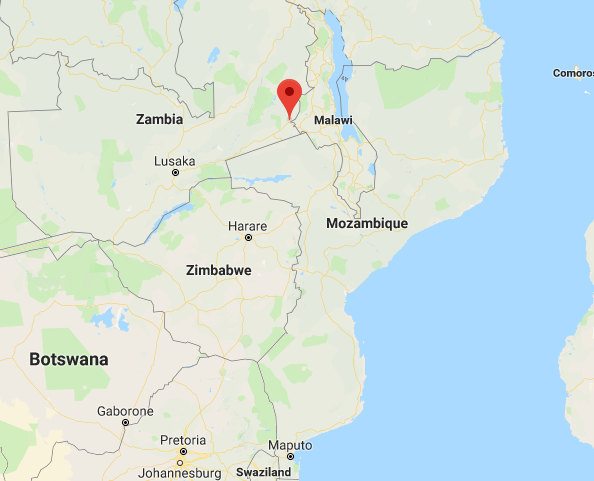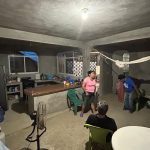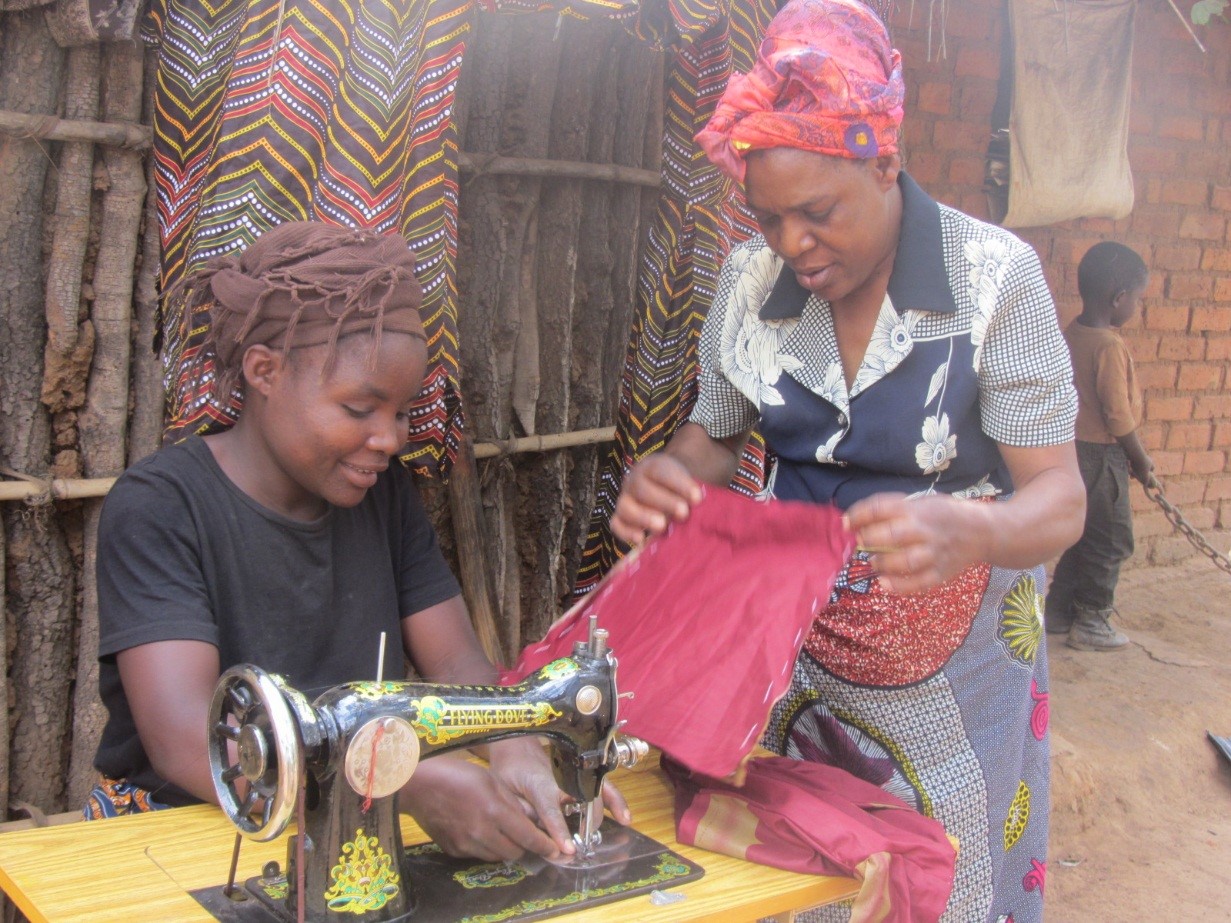
Learning sewing on LifeNets sewing machines
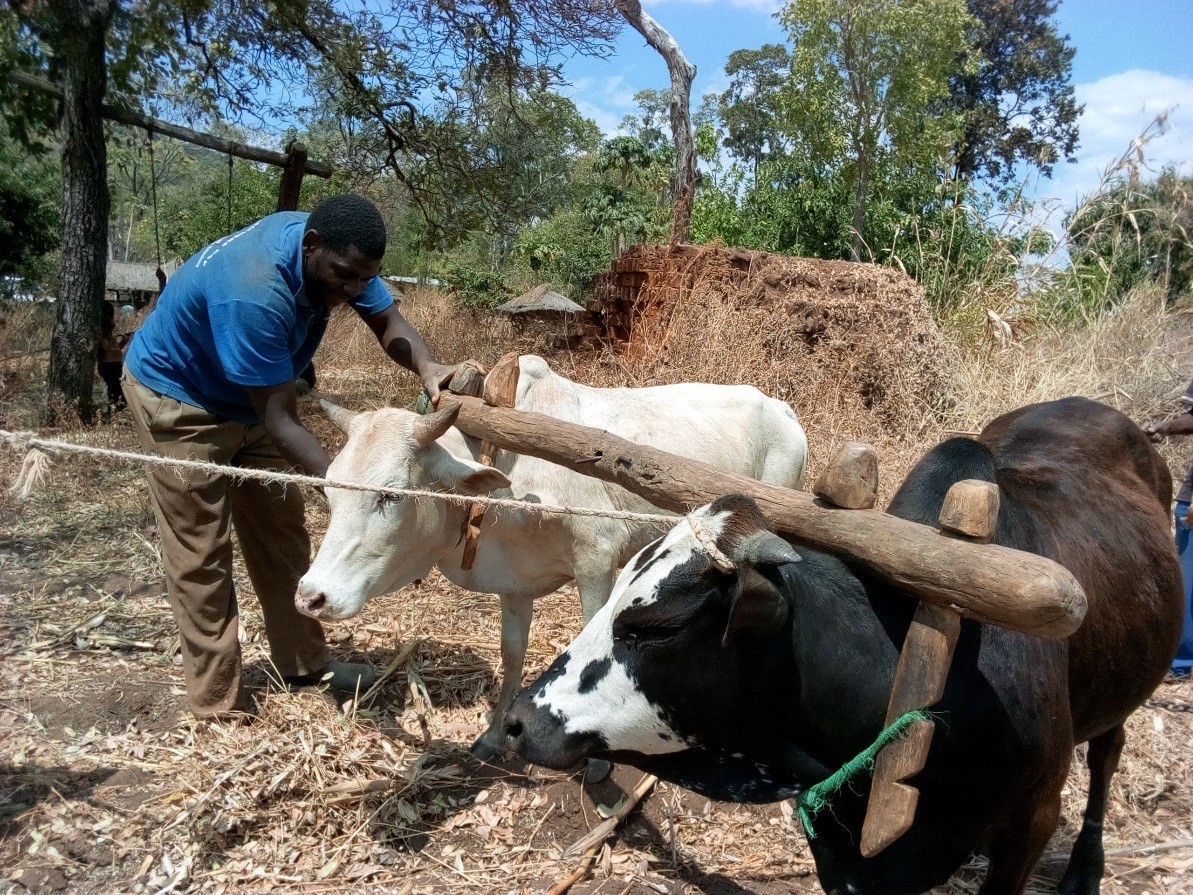
Jeff Daka yoking his oxen to go and plow his field
We received this wonderful photo report from Filius Jere from Chipata in eastern Zambia about LifeNets projects helping people economically. These photos focus on sewing, oxen and fertilizer.
We give special thank to LifeNets Australia for significant funding for this project!
Dorcas Daka is wife to Jeff Daka. Both are small-scale farmers who live in a very poor mud and pole hut with their three children. Every Sabbath, they used to walk 12 miles to go for Sabbath worship. The Deacon donated his own bicycle to alleviate this dire situation.
Being of poor resources, they have normally got very little maize (corn) from their farming every season. This lasts only up to October or November and they have been hiring out labour (working on other people’s farms) in order to go through periods of food scarcity until they can harvest their own crops. Their income has also been constantly meager.
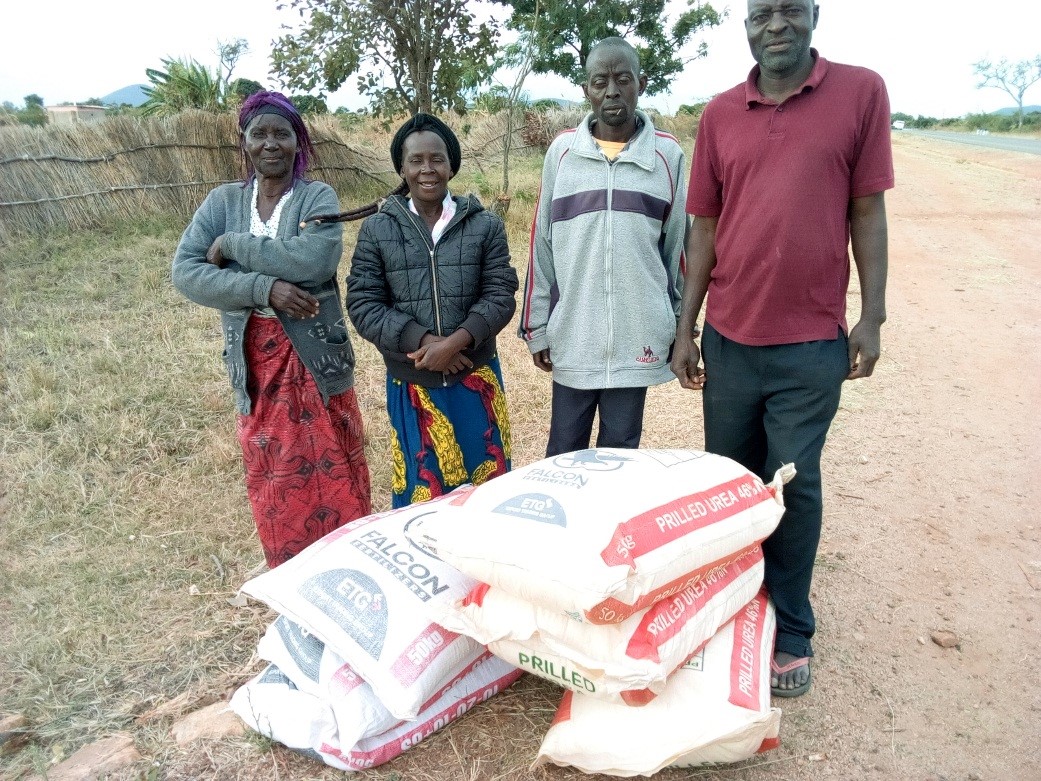
Receiving fertilizer allocation in nearby Chiwoko
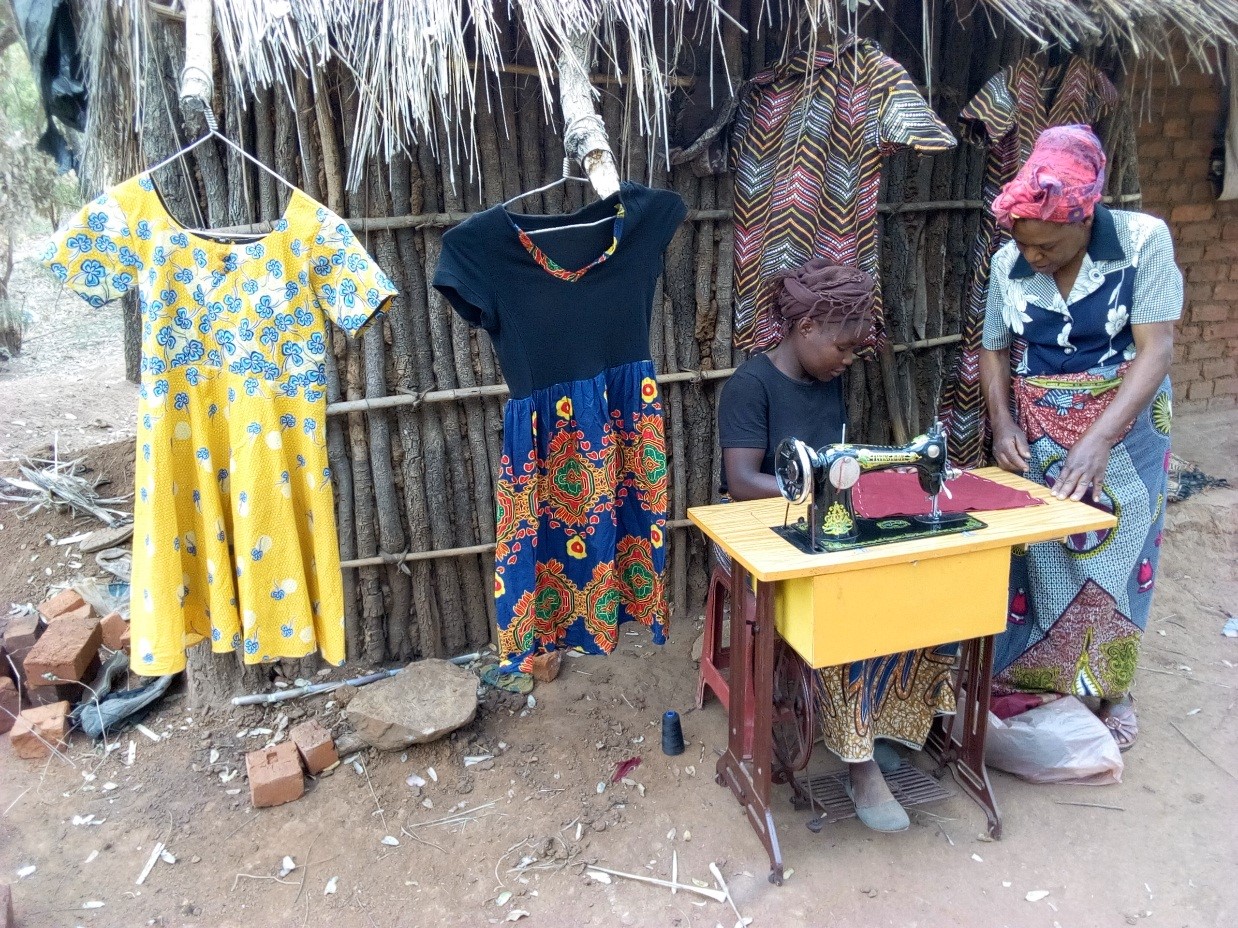
Following up the trainees in their homes, Dorcas Daka displays what she has done to her mentor
To improve their situation, this year they were considered under the LifeNets farming assistance program and received 2x50kg bags of basal dressing fertilizer and 2x50kg bags of top dressing fertilizer. Others who received similar assistance are Winford Msoni and his family, Grevazio Banda and his family, Christine Tonga, a widow of 65years, and her family, Filius the deacon and three families in the satellite congregation at Chiwoko in Katete (80km south).
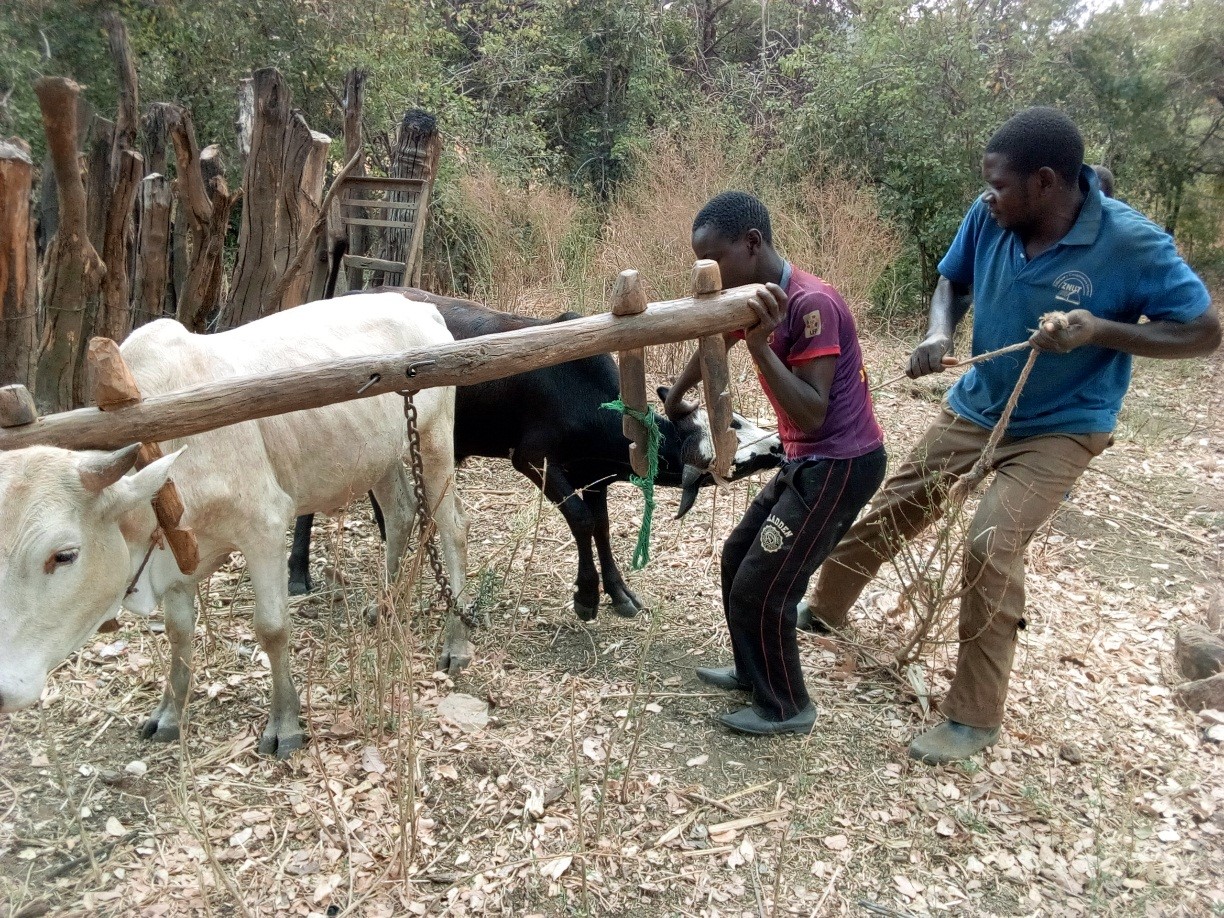
Not so easy because young oxen are still undergoing training
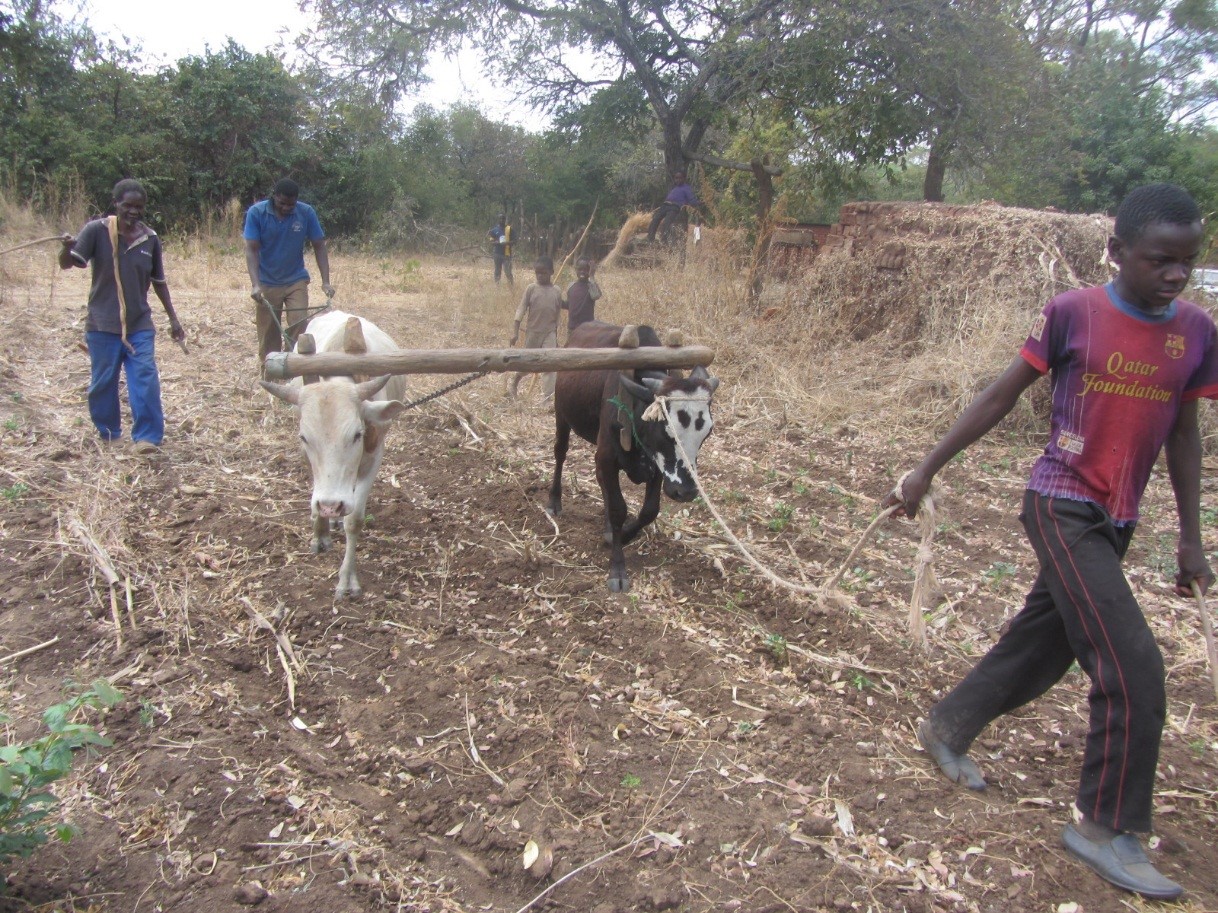
But with display of loving care and patience, work gets underway
However, in addition to the farming inputs, four families also received two draft oxen and one plough each in order to scale them up from conventional farming or hoe conservation farming to ox-draft farming. These include Jeff Daka, Winford Msoni, Grevazio Banda and the Deacon.
Each beneficiary of the oxen has been encouraged to prepare their fields early, especially since the weather forecast indicates poor rains in 2018/19 season. They have also been encouraged to hire their oxen to farmers around them at a fair fee. This will obviously improve their income during the “hunger months” of November to March and also enable them to tithe without constraint.
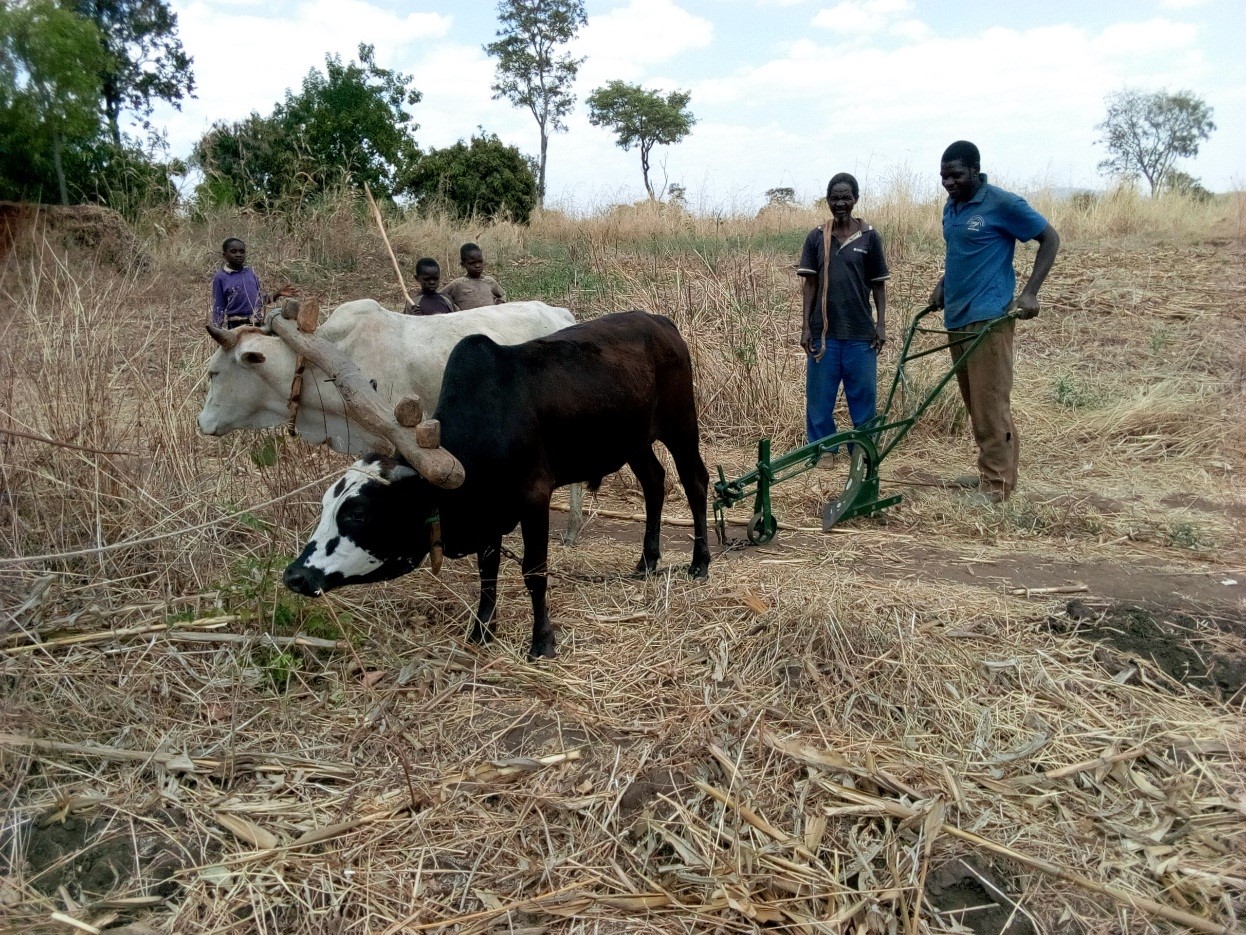
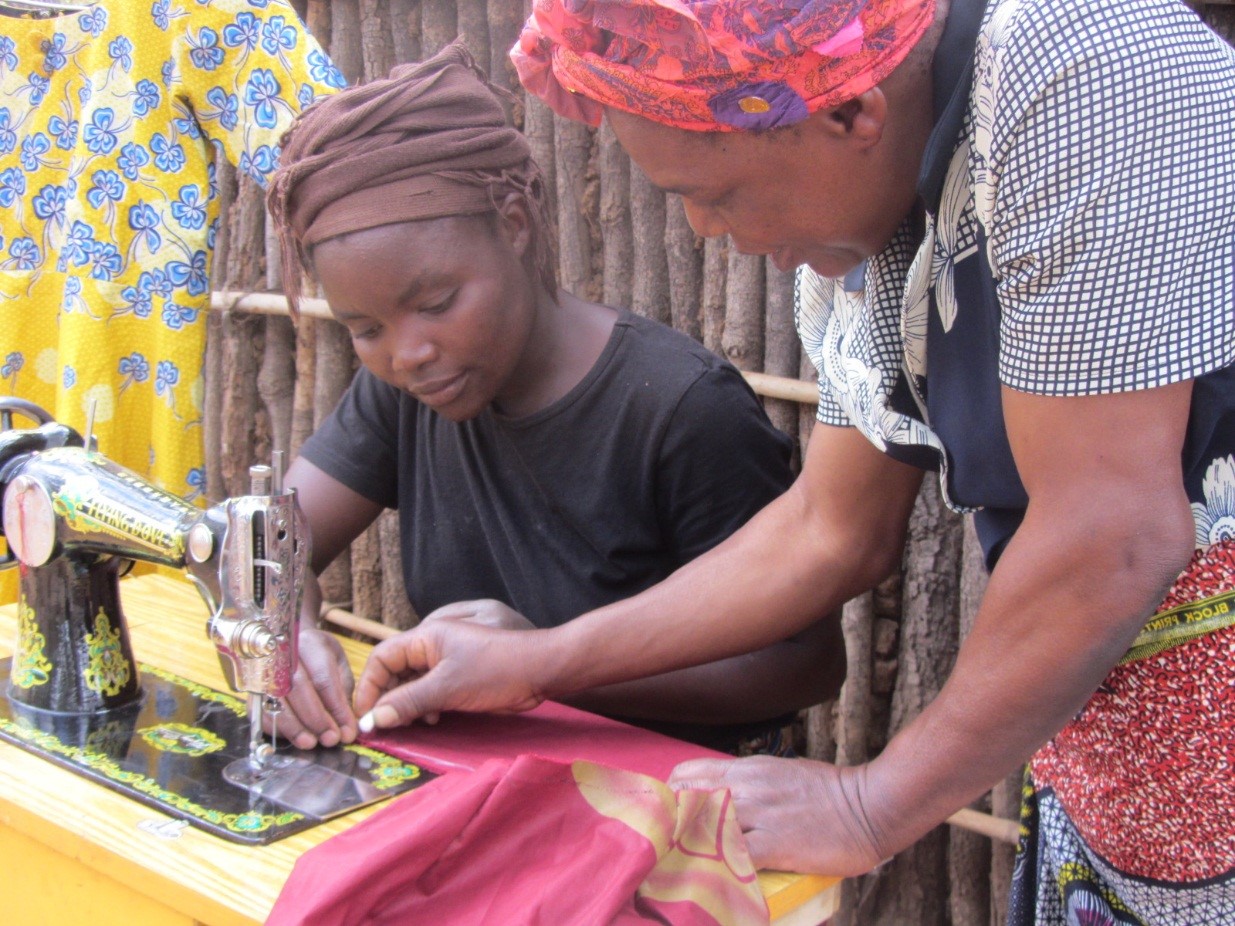
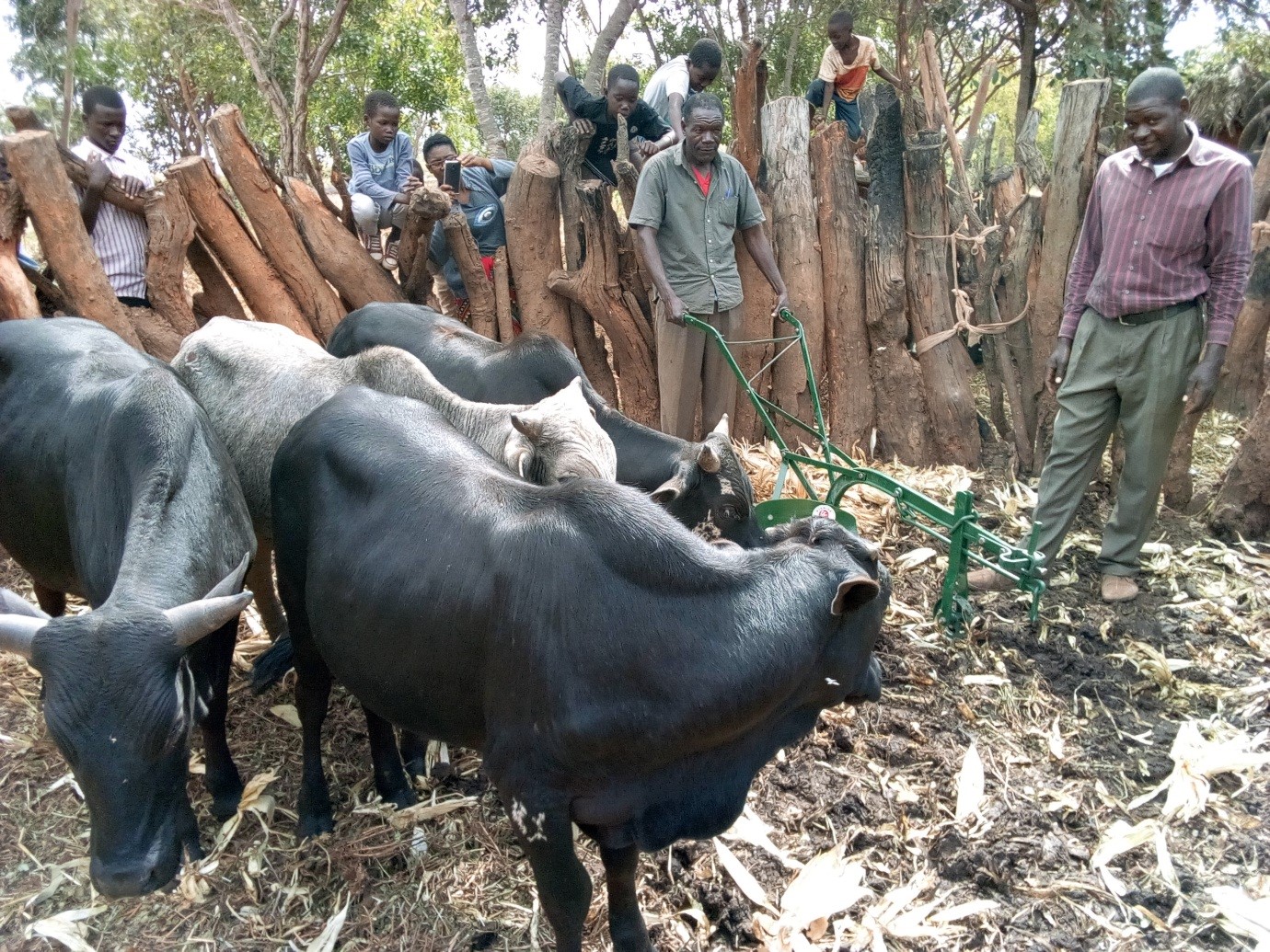
Two teams of oxen and ploughs bought for 2018-2019 conservation farming

Following-up the trainees in their homes Dorcas Daka displays what she has done to her mentor
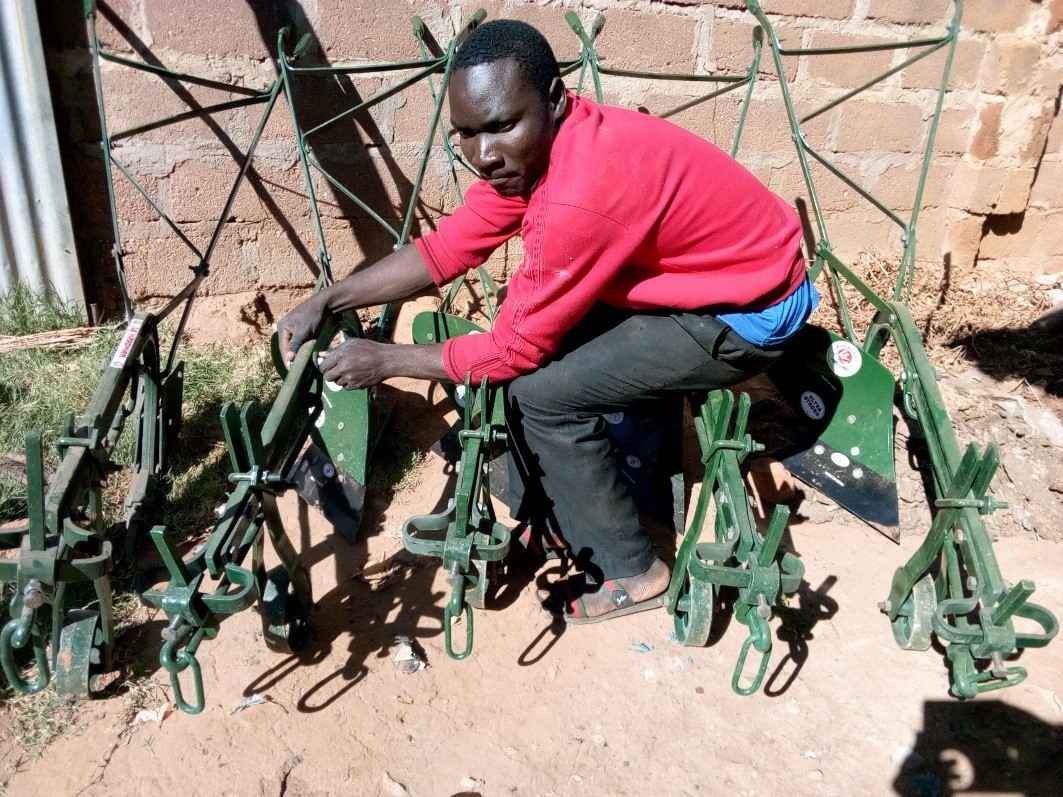
Youth inspects ploughs bought by LifeNets funds
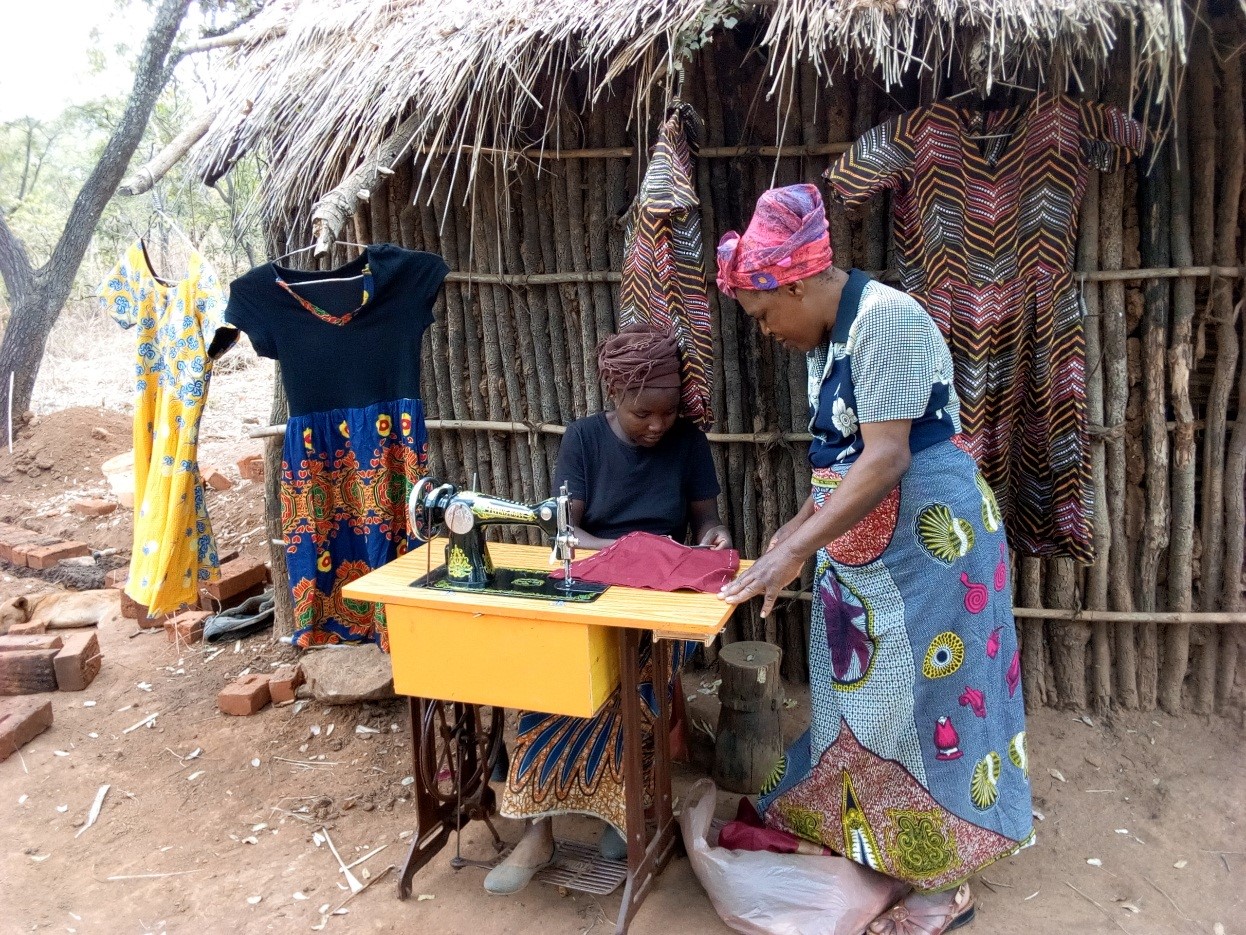
Dorcas Daka displays what she has done to her mentor Mrs Chosiwe S. Jere
